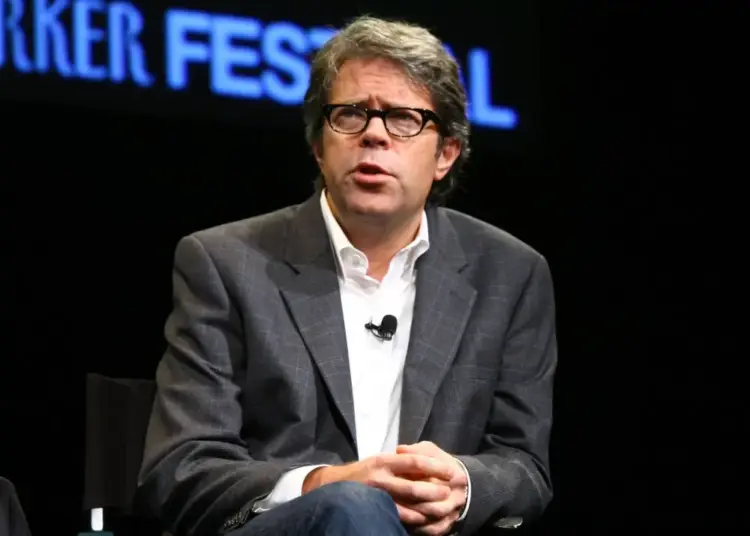In the world of modern literature, few names evoke the depth, complexity, and insight that Jonathan Franzen does. Known for his unflinching portrayals of family dynamics and societal contradictions, Franzen’s journey is a story of intellectual grit, literary ambition, and a relentless pursuit of storytelling excellence. His landmark novel, Freedom (2010), not only redefined his career but also cemented his place as a chronicler of the American soul.
The Early Chapters: A Quiet Prodigy
Born on August 17, 1959, in Western Springs, Illinois, Jonathan Franzen grew up in a household that fostered intellectual curiosity. As a young boy, he was introspective, often retreating into the world of books. His fascination with language and human behavior found fertile ground during his time at the University of California, Berkeley, where he studied English literature.
Later, at the prestigious Iowa Writers’ Workshop, Franzen sharpened his voice, absorbing the craft of storytelling while wrestling with the daunting reality of becoming a published author. His debut novel, The Twenty-Seventh City (1988), showcased his ability to weave intricate narratives, though it garnered modest attention. Still, Franzen’s commitment to authenticity and the exploration of deeper truths fueled his work.
The Turning Point: The Corrections
Franzen’s breakthrough came in 2001 with The Corrections, a novel that painted an intimate yet unflinching portrait of a dysfunctional Midwestern family. The book’s incisive social commentary, dark humor, and emotional depth resonated widely, earning him the National Book Award for Fiction. It marked Franzen as a formidable literary voice capable of dissecting both individual lives and broader societal trends.
With The Corrections, Franzen not only achieved critical acclaim but also signaled his ability to marry intellectual depth with compelling storytelling. The stage was set for his next masterpiece.
Freedom: A Portrait of Modern America
When Freedom arrived in 2010, it was met with a wave of anticipation—and it did not disappoint. Through the lens of the Berglund family, Franzen explored themes of love, morality, and the complicated pursuit of happiness in modern America. At its heart, Freedom tackled the tension between personal liberation and societal responsibility, dissecting the very ideals that shape American life.
The novel became an instant bestseller and was hailed as one of the decade’s defining literary works. Critics lauded its layered characters, moral ambiguity, and Franzen’s unerring ability to reflect the zeitgeist. Freedom earned a spot on Time magazine’s list of the 100 best books of the decade and drew comparisons to the great American novels of the past.
Legacy and Influence: The Master of Modern Realism
What makes Franzen’s storytelling endure is its ability to challenge, provoke, and illuminate. Freedom is more than a novel—it’s a mirror held up to society, asking difficult questions about what it means to live authentically in a fractured world. Franzen’s exploration of the human condition extends beyond his fiction, as seen in his essays and nonfiction works, where he grapples with environmental issues, the role of technology, and the cultural shifts of the 21st century.
His ability to combine humor, heartache, and intellectual rigor has solidified his legacy as one of the most important writers of his time.
Conclusion: A Storyteller of Our Time
Jonathan Franzen’s journey is a testament to the power of persistence and the enduring appeal of great storytelling. With Freedom, he didn’t just write a novel—he created a profound reflection on the human experience that continues to resonate with readers worldwide. As a writer who dares to examine the contradictions of life, Franzen invites us to question, reflect, and, above all, connect.
For more powerful stories of cultural icons shaping society, explore IMPAAKT – your trusted top business magazine.











